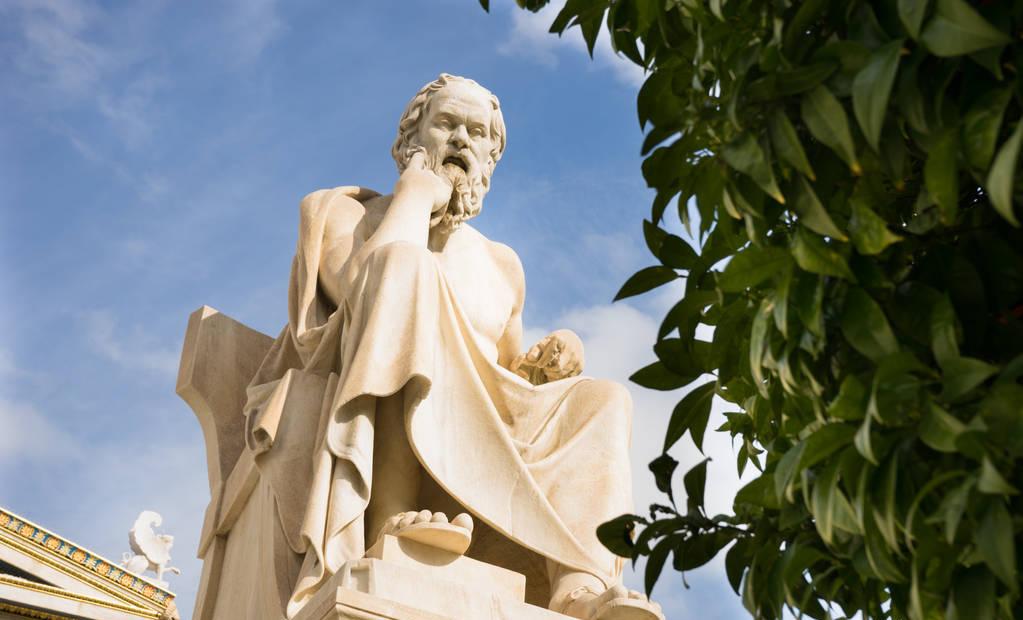Around 360 BC to 347 BC
Plato (427–347 BC) was born into an aristocratic family on the island of Elena near Athens. His lineage can be pushed up to the ancient athenian empire, his mother was the reformer Solon, and his uncle was Cristian, one of the thirty tyrants of Greece at that time. Plato was well educated in his early years, and in his youth he became interested in philosophy, so he learned from a hundred schools of thought: he studied claretus, a disciple of Heraclitus, and studied the philosophy of the Pythagorean school and the doctrine of the Elia school. Plato studied philosophy with Socrates from the age of 20, and eight years later Sue was sentenced to death, and Plato came to Mecca to escape persecution. Later, he traveled to the archipelago, to Egypt, southern Italy, Sicily and other places. During this period, he examined in detail the political, legal, educational, religious and other systems in various places, and further studied and mastered the theories of mathematics, astronomy, mechanics, music and other theories and various philosophical schools at that time. It was on the basis of such a broad knowledge that Plato gradually developed his own philosophical system and his views on the reform of Greece's social, political, legal, educational, religious, and other systems. In 387 BC, Plato returned to Athens and set up the Academite Academy, where he taught and wrote books. Plato's academy became not only the highest school in Athens, but also the academic center of all Greece, and Aristotle also studied in this school. In his later years, Plato enjoyed a fairly high reputation not only in Athens, but throughout the Greek world. Legend has it that he died peacefully at the age of 80 at a wedding feast.

Plato is the only author of the rich and complete works of ancient Western writings, and he has left more than 30 dialogue collections for posterity. Among them, the Republic and the Law contain a wealth of philosophical ideas on law. The Law is an important work created by Plato in his later years, and it is also his longest dialogue work, with 12 volumes and 195 chapters. The dialogue was attended by three elderly men: Strangers of Athens, Klenis of Crete and Megilus of Sparta. It is generally believed that the Athenians were Plato himself. According to later scholars, the book was written between about 360 and 347 BC. Laedius, an expert on the history of Greek philosophy in the 3rd century AD, believes that at the time of Plato's death, the Law was a draft engraved on a wax board, and his student Philip wrote and published the manuscript. The book contains Plato's most mature views on jurisprudence, ethics, pedagogy, and so on. The style of this work is very different from Plato's other works, and its early works are full of characters, full of metaphors, metaphors, myths, satires, and even gags, but the book reduces the "dramatic component to a minimum" and "pays strict attention to reality" and "deals more directly with the political life of the time in which it was written.". This transformation represents a leap forward in Plato's thinking in his later years.